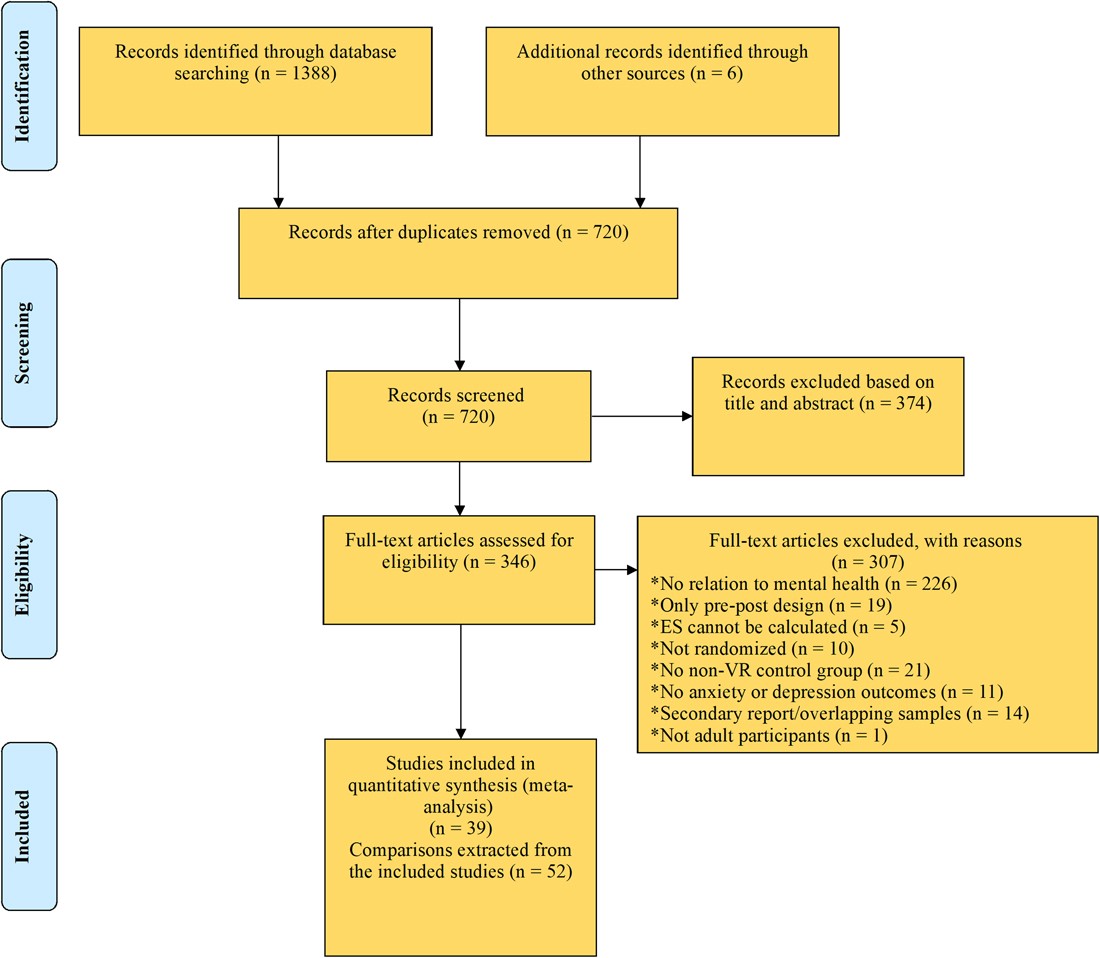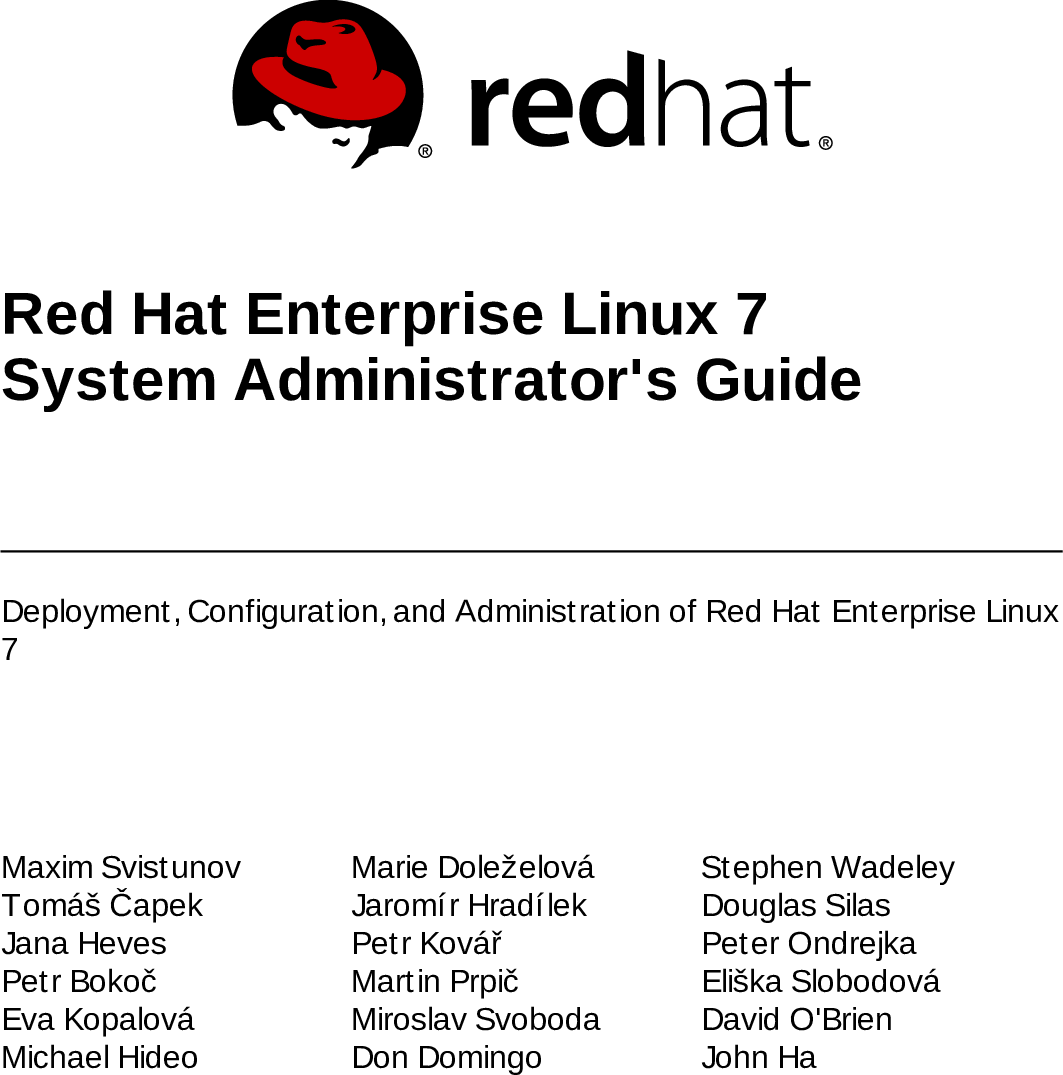

Although the definitive preventive or therapeutic measure of POD or POCD is still unknown, there are increasing studies shows that hypoperfusion of the brain caused by hypotension during the surgery may be one pathogenic mechanism. Immutable risk factors, such as surgery types, age and baseline cognitive function have been identified. The underlying pathophysiology of POD or POCD is multifactor and complicated. POD and POCD are leading to adverse results, including prolonged length of hospital stay, increased mortality and unexpected complications, which results in increased medical costs and decreased the quality of patient’s life. POD is an acute change of patient’s attention, consciousness, perception or cognition, which occurs in several hours or days after the operation and its duration is usually short (a few days) POCD is characterized by short-term disturbances in patients’ memory, executive functioning, personality or sleep, which usually appears in weeks or months after surgery and can last for months or even longer. Although neither POD nor POCD has a formal definition, it is recognized that they do exist. Postoperative cognitive impairment, including postoperative delirium (POD) and postoperative cognitive dysfunction (POCD), is a common neuropsychological disorder after surgery among patients. There is no significant correlation between intraoperative hypotension and the incidence of POD or POCD. Furthermore, it also demonstrates that intraoperative hypotension prolonged the length of ICU stay, but did not increased the mortality, the length of hospital stay, and mechanical ventilation (MV) time. No significant difference between the low-target and the high-target group was observed in the incidence of POD (RR = 3.30, 95% CI 0.80 to 13.54, P = 0.10), or POCD (RR = 1.26, 95% CI 0.76 to 2.08, P = 0.37). For the incidence of POCD, there were four studies involved 360 participants in the low-target group and 341 participants in the high-target group, with a study assessed both POD and POCD. For the incidence of POD, there were two studies with 99 participants in the low-target group and 94 participants in the high-target pressure group. Based on the relative mean arterial pressure (MAP), participants were divided into low-target and high-target groups. Quality assessment of the eligible studies was conducted by two researchers independently with the Cochrane evaluation system. The retrieval time is up to January 2020, without language restrictions.

We searched PubMed, Embase, and Cochrane Library databases to find randomized controlled trials (RCTs) in which reported the relationship between intraoperative hypotension and POD or POCD. Hence, we performed a meta-analysis to evaluate the correlation of intraoperative hypotension and the incidence of postoperative delirium (POD) or postoperative cognitive dysfunction (POCD). Therefore, these results also provide important insight regarding study design and methodology, and will be a valuable resource for researchers conducting subsequent studies on the 'winner loser' effect.There is no consensus on whether intraoperative hypotension is associated with postoperative cognitive impairment. Further, the 'winner-loser' effect was stronger among studies in which pre-competition testosterone was sampled earlier than ( D = 0.38, after trim and fill correction) rather than within ( D = 0.09) 10 min of the start of the competition. This ‘winner-loser’ effect was most robust in studies conducted outside the lab (e.g., in sport venues) ( D = 0.43) for studies conducted in the lab, the effect of competition outcome on testosterone reactivity patterns was relatively weak ( D = 0.08), and only found in studies of men ( D = 0.15 in women: D = − 0.04). Results from a meta-analysis involving 60 effect sizes and > 2500 participants indicated that winners of a competition demonstrated a larger increase in testosterone concentrations relative to losers ( D = 0.20)-an effect that was highly heterogeneous. Moreover, it provides the first meta-analytic estimate of the effect of competition outcome on testosterone concentrations in women.

The present paper examines this question using a meta-analytic approach including papers published over the last 35 years. Despite this increased research output, there remains debate as to whether competition outcome modulates testosterone concentrations. Since Archer's (2006) influential meta-analysis, there has been a major increase in the number of studies investigating the effect of competition outcome on testosterone reactivity patterns in humans. A contribution to a special issue on Hormones and Human Competition.


 0 kommentar(er)
0 kommentar(er)
